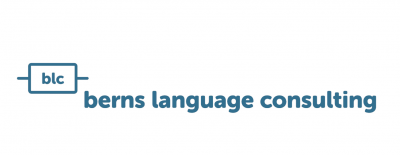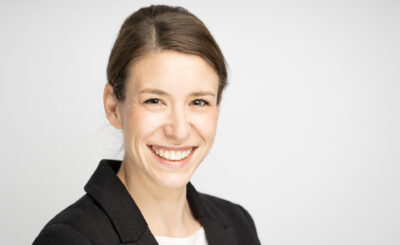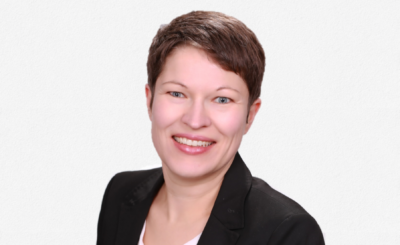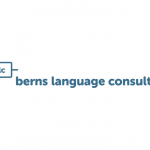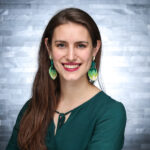You have always wondered what a computational linguist actually does? I am Sophia – and I am a computer linguist at BLC. In this blog I will tell you what I do in my profession and how it came about.
How did I get to blc at all?
An interest in language in general and an affinity for learning new languages has always existed in me, so after school (also in the absence of a better idea) I decided to study Italian in the Bachelor’s “because it’s fun”. In addition, I enrolled as a second major in Digital Humanities “because it makes sense” and, admittedly, sounded cool in the ears of a 19-year-old. What is that, you’re asking yourself? Digital Humanities refers to the research area at the interface between computer science and the humanities. And over time, it has become more and more obvious that this interdisciplinary aspect is exactly my thing (and besides the sense, it is also fun).
In the course of my Master’s degree in Digital Humanities as well as in general and applied linguistics, I deliberately specialized in the machine processing of natural language and also wrote my Master’s thesis in the field of computational linguistics. Through my studies, I have profound knowledge in the areas of data extraction and cleaning, NLP and machine learning on the one hand, but also background knowledge in linguistics and translation on the other.
And consulting is not foreign to me either. Throughout university I have worked at the student advisory office and helped prospective students and students with all sorts of questions and problems relating to academic and professional development.
The desire for a combination of my professional interests and consulting ultimately led me to blc.
Between computers, linguistics and a lot of data
For almost six months now, I have been supporting the blc team and its customers at the interface between humans and machines.
One of my core areas is machine translation (MT), especially data processing in preparation for MT, testing and evaluation.
Sometimes I also work as a language police officer: Together with my colleagues, I ensure the law and order in source language texts in language quality assurance – because a translation is only as good as its source text.
Furthermore, in the field of terminology, I am responsible for semi-automated data analysis and data cleansing, merging existing term databases up to the creation of term databases.
And, of course, I am always available to advise my customers.
At blc, I am inspired by the diverse and exciting tasks in which the two worlds of “language” and “computer science” are combined. I like the mixture of design and program on the one hand and the constant exchange with people from different industries on the other hand.
What's next?
On November 14, I’m going to present at the tcworld conference how the terminology database can be a rescue.
Or do you need computational linguistic assistance?

